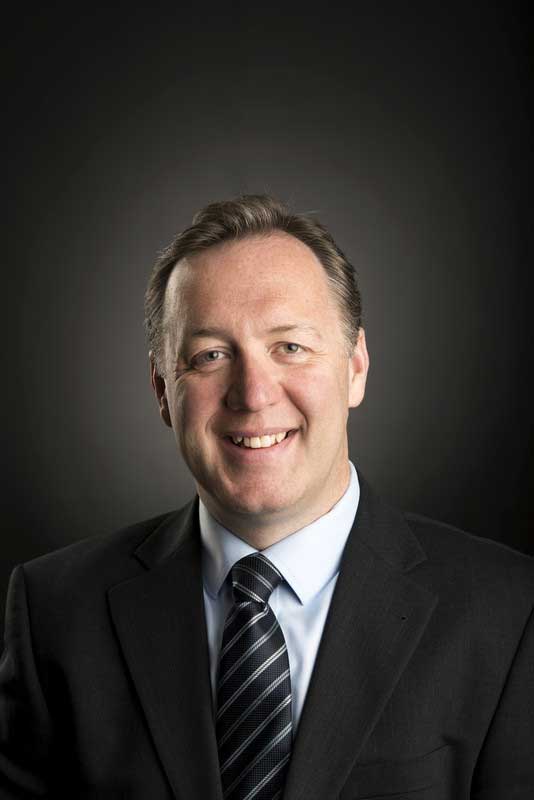UA Little Rock professors featured in podcasts recalling city’s conflicted past
As the director of the University of Arkansas at Little Rock’s Anderson Institute on Race and Ethnicity and Donaghey Distinguished Professor of History, Dr. John Kirk often serves as an expert source for journalists, students, and researchers looking to learn more about Arkansas’s history in race relations and civil rights.
A year ago, he was asked to participate in an unusual project. Laura Dunnagan, a Little Rock native, had moved out of state to study poverty and development studies at Davidson College in North Carolina. Feeling conflicted about whether she wanted to return to her hometown after graduation, Dunnagan used her senior project to complete a series of podcasts that explored the city’s post-World War II history with crime, poverty, race relations, and urban development.
“Laura is an interesting case,” Kirk said. “She’s a local lady from Arkansas who is trying to understand the city that she grew up in better. She is investigating the different dynamics that have shaped the city. It’s interesting that someone like Laura, who is from the city, is now studying Little Rock from an outside perspective. She is interested in understanding how the city’s historical roots are still important in addressing the issues we are facing today.”
Last summer, Dunnagan returned to Little Rock and interviewed more than 30 people to discover how Little Rock’s history in segregation, city planning, municipal budgeting, and the role of perception transformed the city over the last six decades. She interviewed historians, politicians, city and community leaders, journalists, police officers, educators, and nonprofit workers.
“When I think about the city, I usually think of my favorite parts…,” Dunnagan said in her first podcast. “I also think about the parts of the city that are hard to reckon with: the limited economic mobility that plagues the South; the differences in how people are treated based on race, class, and where they live in the city; our history of segregation and the ways the city perpetuates it. I hesitate to go home and return to a city where these inequities are so clear and are hardly acknowledged in a meaningful way.”
Participants interviewed in the podcast include Assistant Chief Hayward Finks of the Little Rock Police Department; former Arkansas state legislator and 2018 mayoral candidate Warwick Sabin; Little Rock City Board of Directors members Gene Fortson, Ken Richardson, and Doris Wright; Austin Kellerman, KARK news director and founder of Victory over Violence; Mike Poore, superintendent of the Little Rock School District; Glenn Hersey, outreach pastor at Saint Mark Baptist Church; and Leifel Jackson, founder of Reaching Our Neighborhoods and Children.
“I knew conversations about crime would be at the forefront of what was happening in Little Rock during the mayoral election,” Dunnagan said. “If I could use crime as a way to understand Little Rock, I knew it would make an interesting story in a way that people in Little Rock will find topical.”
At UA Little Rock, she interviewed Kirk as well as Dr. David Montague, professor of criminal justice, and Barrett Allen, director of the University District Development Partnership.
“I spoke mainly about my research and how Little Rock has changed since World War II and its impact on race and race relations in the city,” Kirk said. “That research is being used by different users in lots of different ways, from college projects to major news organizations like CNN.”
At the end of her project, Dunnagan also felt encouraged by people trying to make positive changes in Little Rock and urged residents to get involved in their community.
“I would encourage people to stay aware of the news and watch the City Council meetings because knowing what is happening in the city is crucial to doing any activism,” she said. “I would also recommend getting involved in your own neighborhood associations. Because there are so many opportunities to get involved and to help the community in Little Rock, it is hard to prescribe one thing that would be most helpful.”
Dunnagan’s podcast series and more information about its creation can be found at www.backtolittlerock.com. The podcasts are also available through Spotify, Apple Podcasts, and Google Play.
